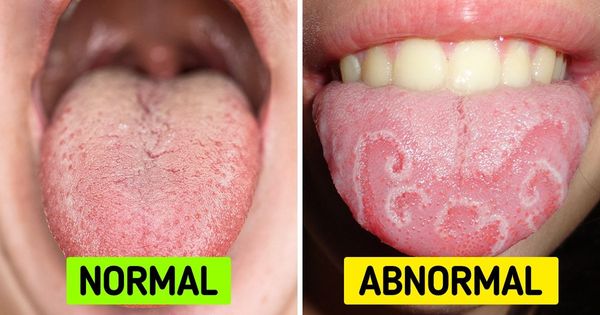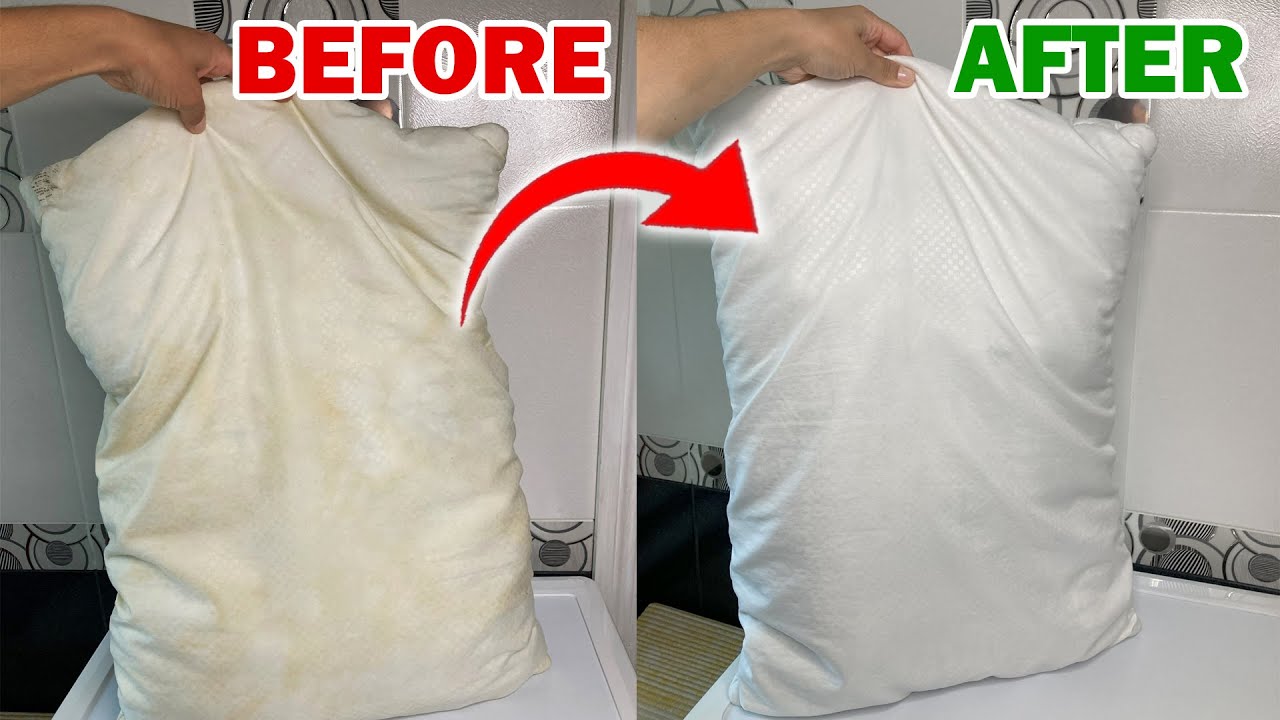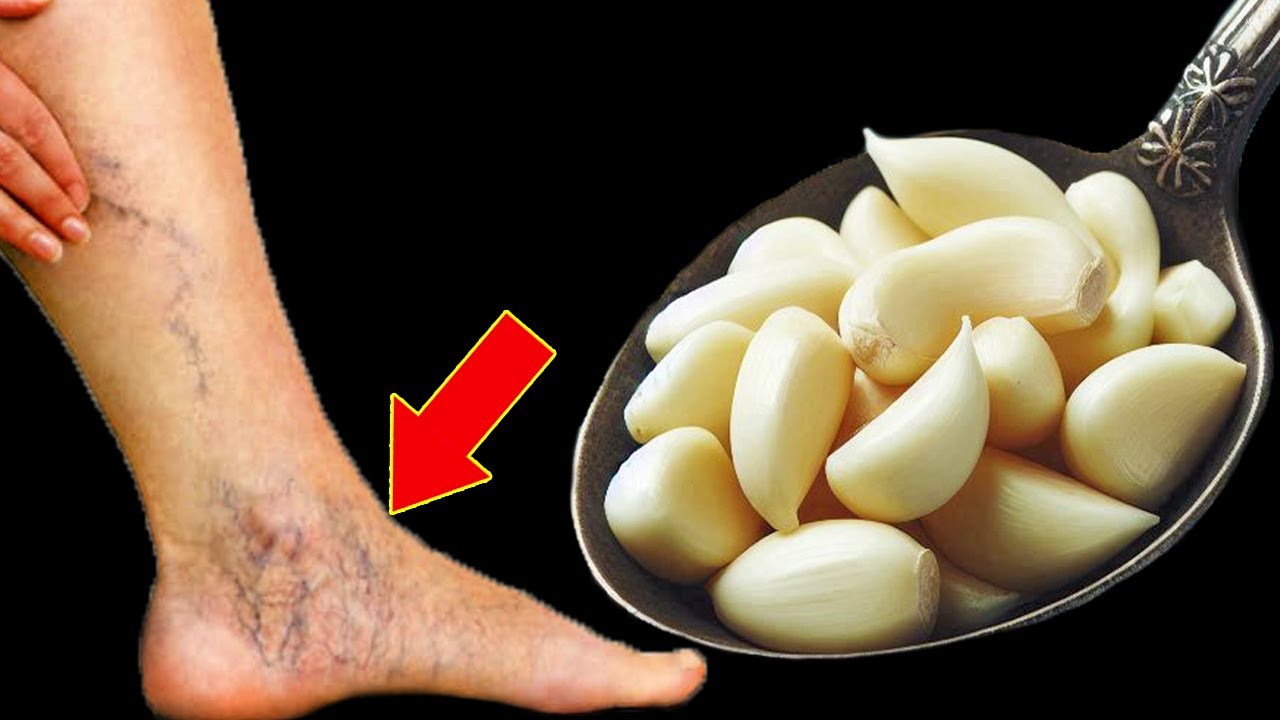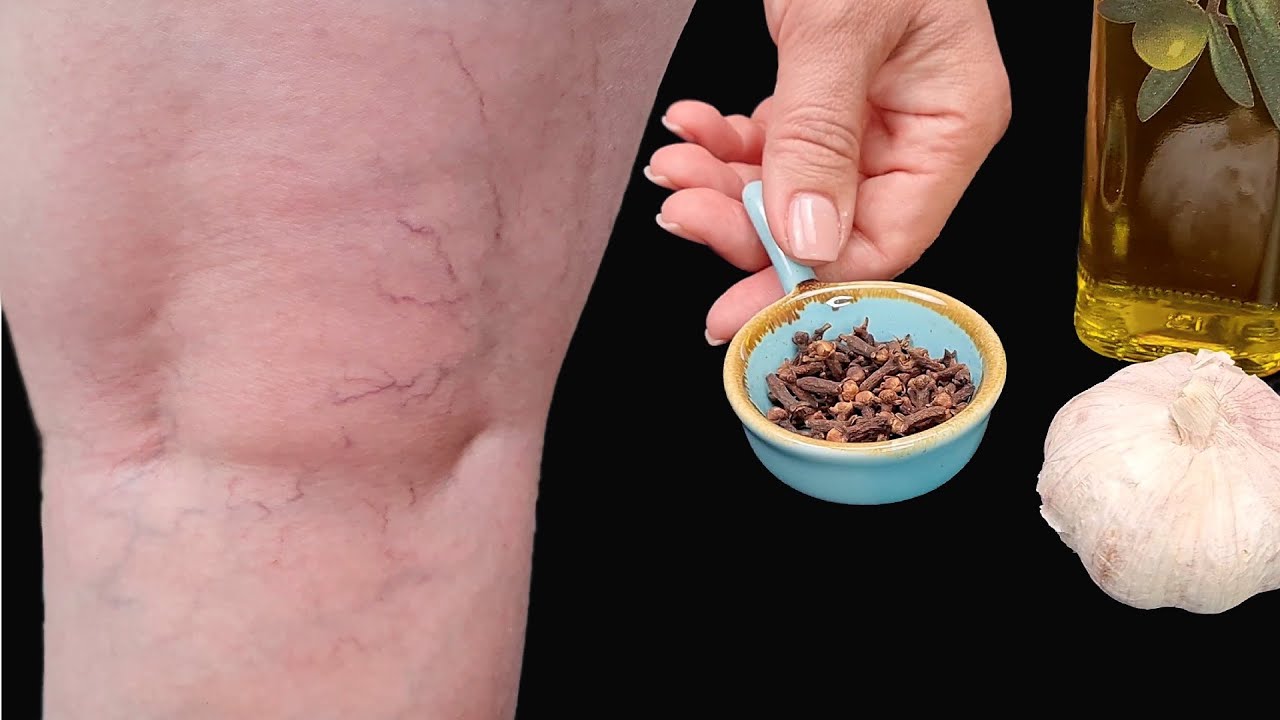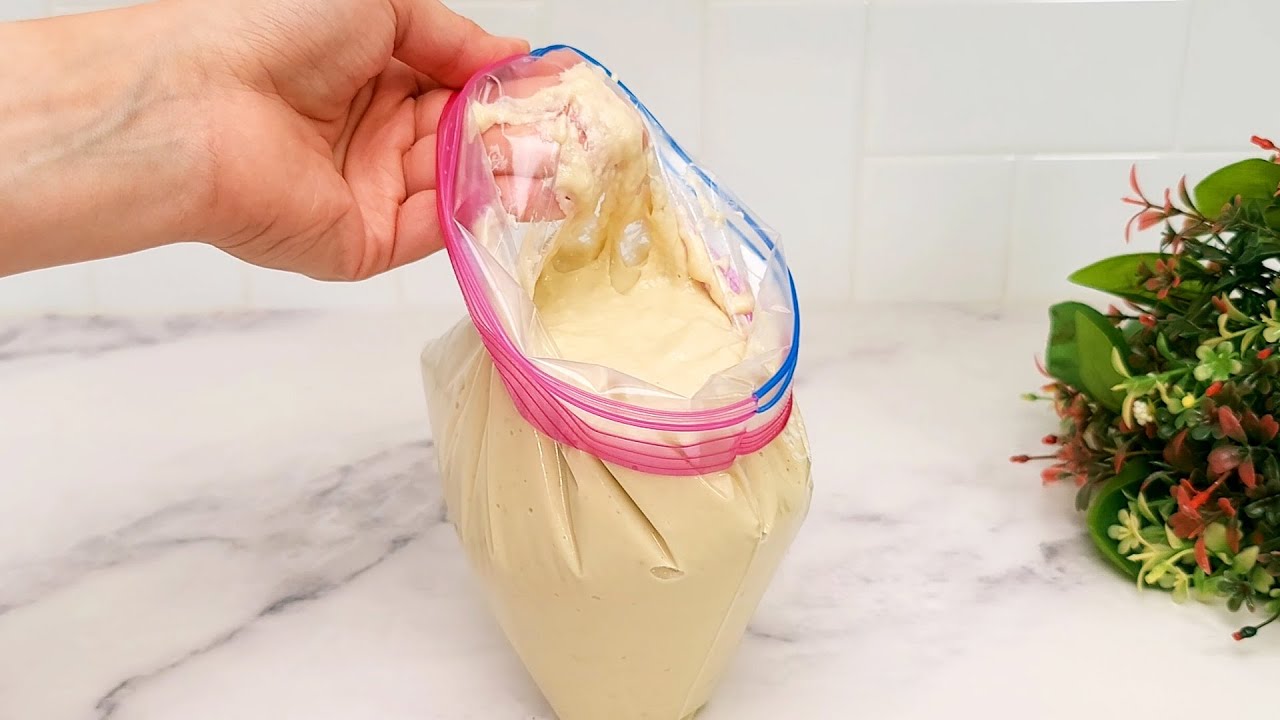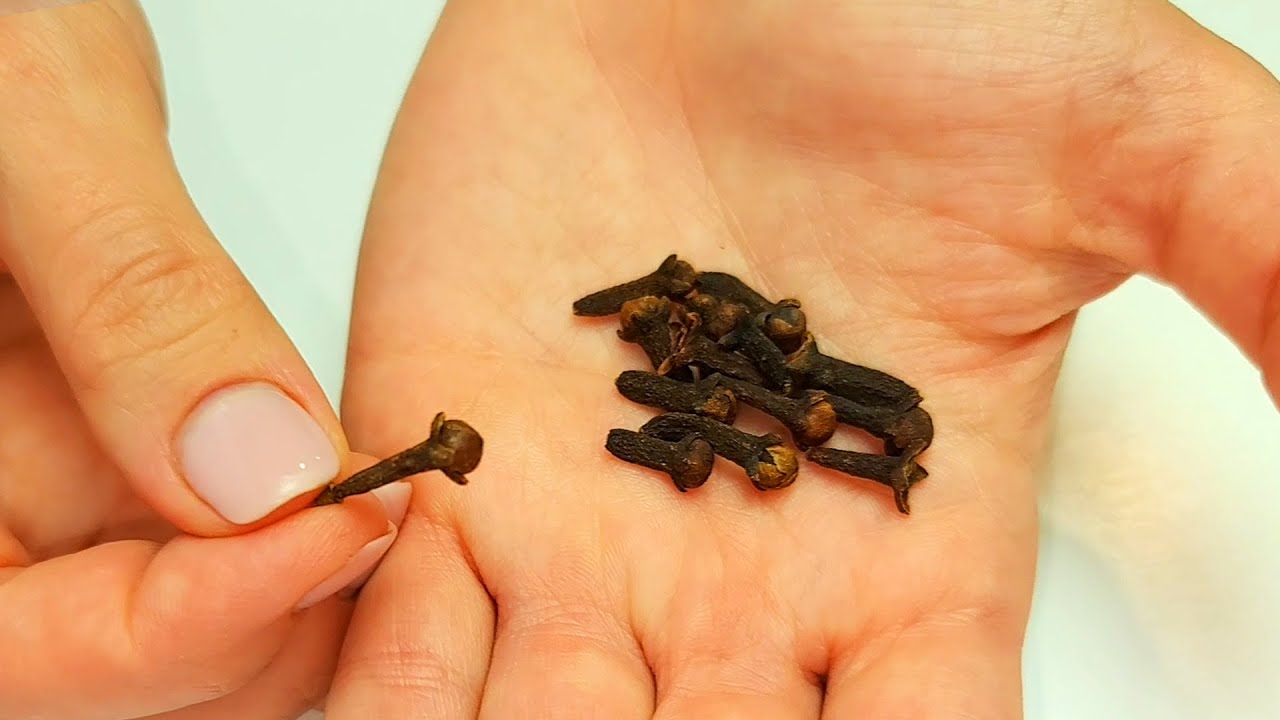Our mouths are home to lots of bacteria, most of which are harmless and aid in digestion. However, sometimes oral bacteria, pre-existing health conditions, or immune diseases can wreak havoc on your oral health and cause tongue discoloration. If you’ve noticed that your tongue isn’t as pink and smooth as it should be and instead has a white appearance, here are four causes of a white tongue and what you can do about them.
Causes of White Tongue Discoloration
You may already be familiar with the “mouth-body link,” which is the close relationship between your oral health and overall health. Oral health problems can cause health problems like heart disease, but the link goes both ways. Systemic problems, like immune diseases, often appear in the mouth, such as lesions associated with HIV. Let’s dive into the four possible causes of white tongue discoloration:
1. Poor Oral Hygiene
In most cases, a white tongue is a result of poor oral hygiene. The tongue has small bumps called papillae, which can become swollen, inflamed, and discolored if there is an overgrowth of bacteria, yeast, or even dehydration. To combat this, consider adding a tongue scraper to your oral hygiene routine and using an ADA-accepted mouthwash to help with bacteria buildup.
2. Oral Thrush
Oral thrush can cause a white or yellow film to form on the tongue and can cause discomfort when eating and drinking. Poor oral hygiene, a weakened immune system, or antibiotic use can all contribute to an overgrowth of yeast in the mouth, which is what causes thrush. Treatment for oral thrush involves antifungal medication, mouthwash, and excellent oral hygiene. Some cases of oral thrush may resolve on their own with proper oral care, but your doctor may also recommend adding probiotics to your diet if the thrush is a result of antibiotics.
3. Leukoplakia
Leukoplakia causes white patches to form inside the cheeks, on the tongue, and along the gums. People who smoke, chew tobacco, or consume excessive amounts of alcohol are at risk of leukoplakia. Most of the time, these white patches are harmless. However, in rare cases, leukoplakia can turn into oral cancer. If you notice white patches in your mouth that do not go away, it is essential to see your healthcare provider or dentist for further evaluation.
4. Oral Lichen Planus
Oral lichen planus is an autoimmune inflammatory problem that can cause white patches to form in the mouth and sore gums. While most cases of oral lichen planus resolve on their own, some may require a steroid mouth rinse or a steroid spray.
Remember, if you notice any changes in the appearance of your tongue or have concerns about your oral health, it is always best to consult with a healthcare provider or dentist. By addressing the underlying cause of white tongue discoloration, you can help maintain your oral health and overall well-being.
Source: Ridgetop Dental
